
Mark Zuckerberg loses US$4.9 billion as Facebook shares slump in face of Cambridge Analytica data debacle
The drop in stock came as a US senator demanded the company answer questions about how 50 million of its users has lost their data to the political consultancy
Mark Zuckerberg lost US$4.9 billion of his fortune on Monday as Facebook shares tumbled in the wake of reports that political advertising firm Cambridge Analytica took and kept information on as many as 50 million of the site’s users without their consent.
Facebook shares fell 6.8 per cent to US$172.56, cutting Zuckerberg’s fortune to US$70.4 billion and wiping out all of the year’s gains so far. That marked the biggest intraday drop since August 2015.
Zuckerberg is now fifth on the Bloomberg Billionaires Index, behind Jeff Bezos, Bill Gates, Warren Buffett and Amancio Ortega.
But other tech billionaires didn’t get away unscathed, as tech stocks suffered across the board, with Amazon’s Bezos losing US$2.1 billion and Alphabet Inc. founders Larry Page and Sergey Brin each losing US$1.5 billion.
Also on Monday, Democratic Senator Ron Wyden has written to Facebook CEO Mark Zuckerberg to demand answers to burning questions regarding its policies for sharing user data with third parties.
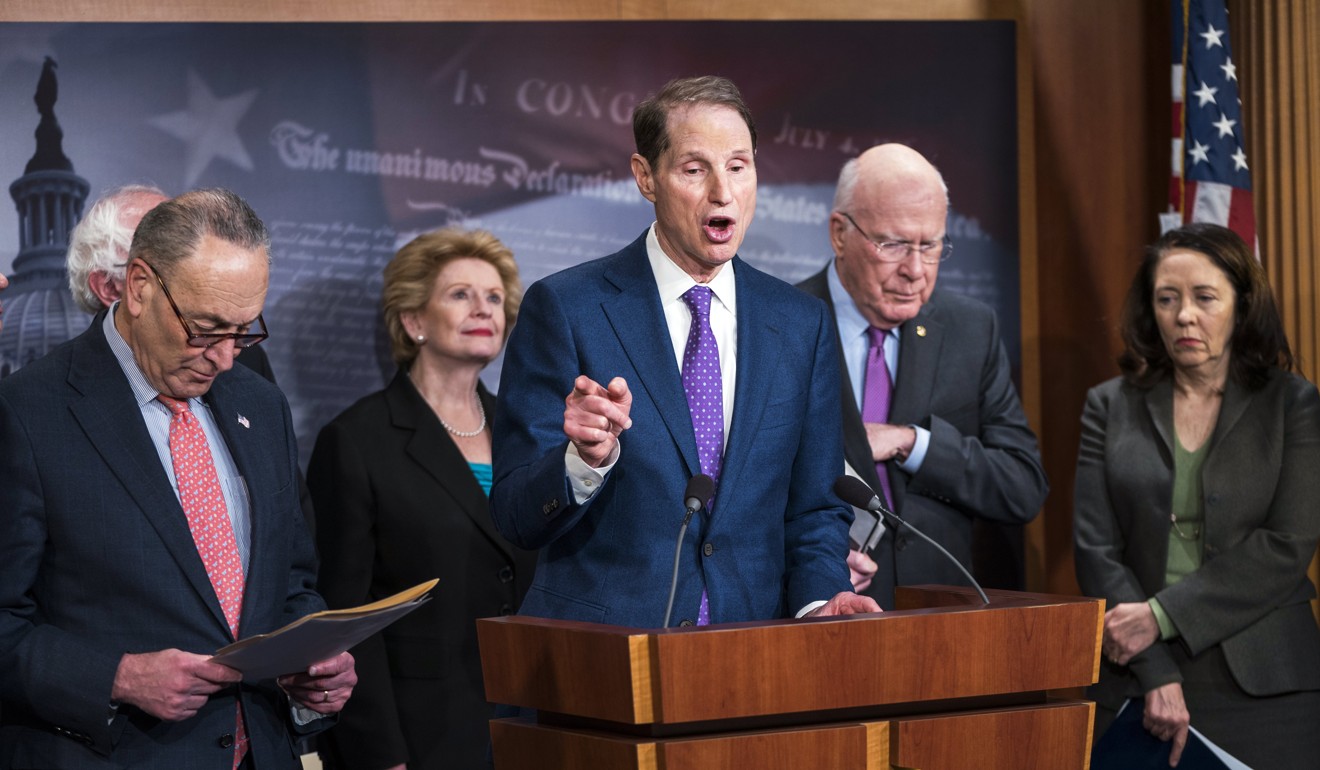
Wyden, an influential senator on technology issues, wants to know Facebook’s role in the incident and its overall awareness of third-party collection practices, including why it did not suspend Cambridge Analytica in 2015, when it first became aware of its actions.
Cambridge Analytica was suspended by Facebook on Saturday, after reports in the London Observer and The New York Times revealed the extent of the data haul.
Wyden has also requested copies of every privacy assessment the company had prepared as required in the 2011 US Federal Trace Commission’s consent agreement.
He also asked if the company had made any efforts to identify or notify the 50 million users affected by Cambridge Analytica’s actions.
Facebook has been asked to respond by April 13.
Also on Monday, Facebook confirmed that Cambridge Analytica has agreed to an audit by a digital forensics firm to determine whether it still has information on 50 million Facebook profiles that it said had been deleted.
Aleksandr Kogan, the researcher who originally obtained the data via the social network and allegedly shared it with Cambridge Analytica, has also verbally agreed to an audit, Facebook wrote Monday in a blog post.
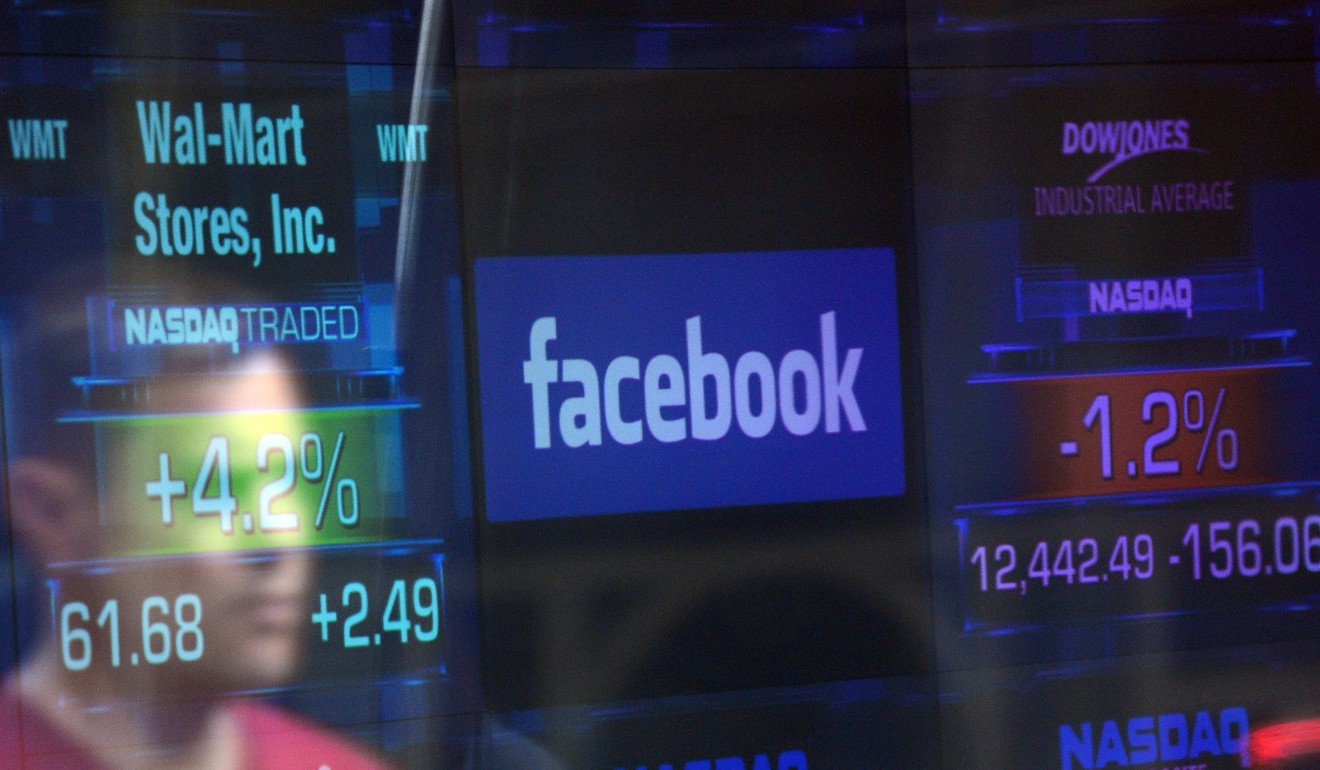
Cambridge, which worked for US President Donald Trump during the 2016 campaign, was required to destroy the information in 2015 when Facebook learned it had the data, but reportedly failed to do so. Cambridge has denied wrongdoing.
“If this data still exists, it would be a grave violation of Facebook’s policies and an unacceptable violation of trust and the commitments these groups made,” Facebook said. “We are moving aggressively to determine the accuracy of these claims.”
Digital forensics firm Stroz Friedberg will conduct a “comprehensive audit,” and Cambridge
Analytica will provide “complete access to their servers and systems,” Facebook wrote.
Senator Wyden joins other politicians on both sides of the Atlantic who are calling on CEO Mark Zuckerberg to appear before lawmakers to explain how Cambridge Analytica, the UK-based data analysis firm that helped Donald Trump win the US presidency, was able to harvest the personal information.
Facebook has already testified about how its platform was used by Russian propagandists ahead of the 2016 election, but the company never put Zuckerberg himself in the spotlight with government leaders.
The pressure may also foreshadow tougher regulation for the social network.
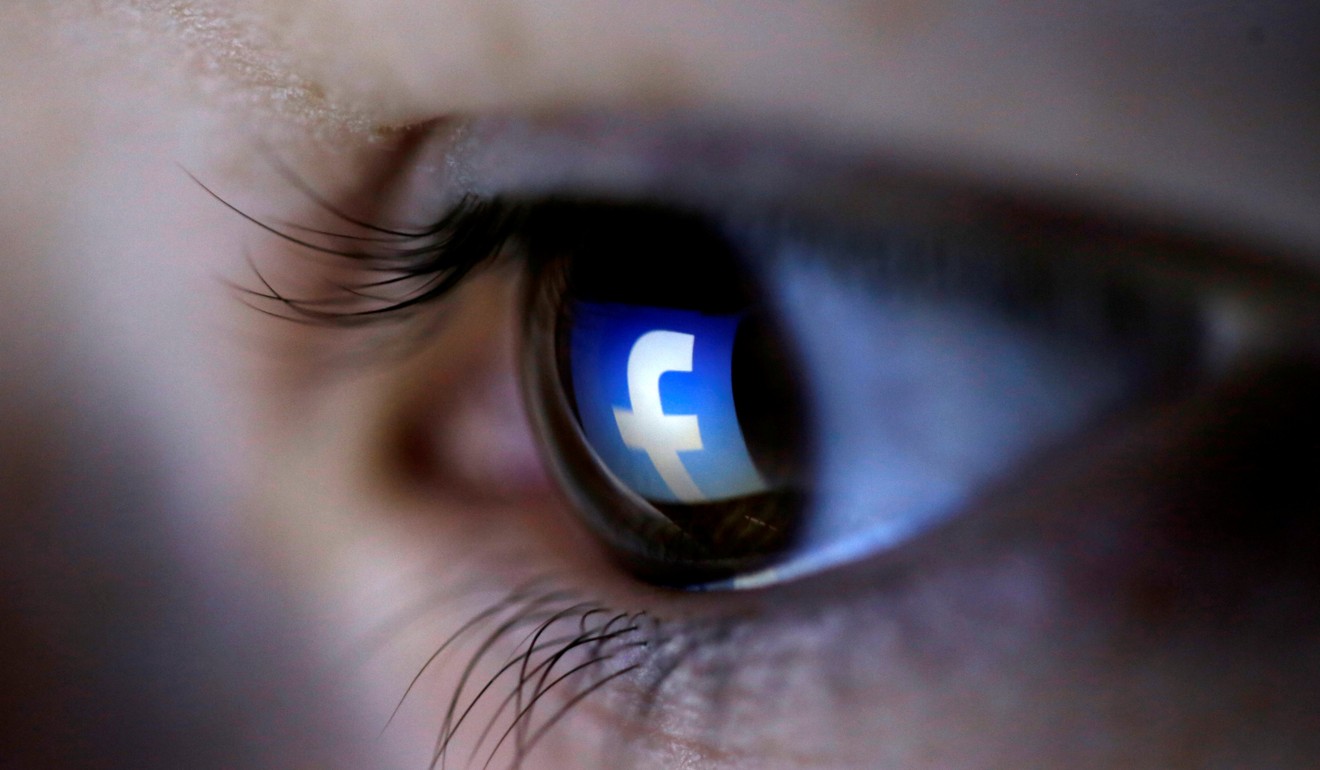
US Senators Amy Klobuchar, a Democrat from Minnesota and John Kennedy, a Republican from Louisiana, have called on the chairman of the Judiciary Committee to bring in technology company CEOs, including from Twitter Inc. and Alphabet Inc.’s Google, for public questioning.
In a letter Monday to Senator Chuck Grassley, a Republican from Iowa, Klobuchar and Kennedy said they have “serious concern regarding recent reports that data from millions of American was misused in order to influence voters.”
“The lack of oversight on how data is stored and how political advertisements are sold raises concerns about the integrity of American elections as well as privacy rights,” the senators wrote.
A hearing with the CEOs would allow the committee to learn “what is being done to protect Americans’ data and limit abuse of the platforms, as well as to assess what measures should be taken before the next elections.”

Facebook on Friday said that a professor used Facebook’s login tools to get people to sign up for what he claimed was a personality analysis app he had designed for academic purposes.
To take the quiz, 270,000 people gave the app permission to access data via Facebook on themselves and their friends, exposing a network of 50 million people, according to The New York Times.
That kind of access was allowed per Facebook’s rules at the time.
Afterward, the professor violated Facebook’s terms when he passed along that data to Cambridge Analytica.
Facebook found out about the breach in 2015, shut down the professor’s access and asked Cambridge Analytica to certify that it had deleted the user data.
Yet the social network on Friday suspended Cambridge from its system, explaining that it had learned the information wasn’t erased.
Cambridge, originally funded by conservative political donor Robert Mercer, on Saturday denied that it still had access to the user data, and said it was working with Facebook on a solution.
A researcher who worked with the professor on the app is now currently an employee at Facebook, which is reviewing whether he knew about the data leak.
The denials and internal inquiries did little to ease the criticism.
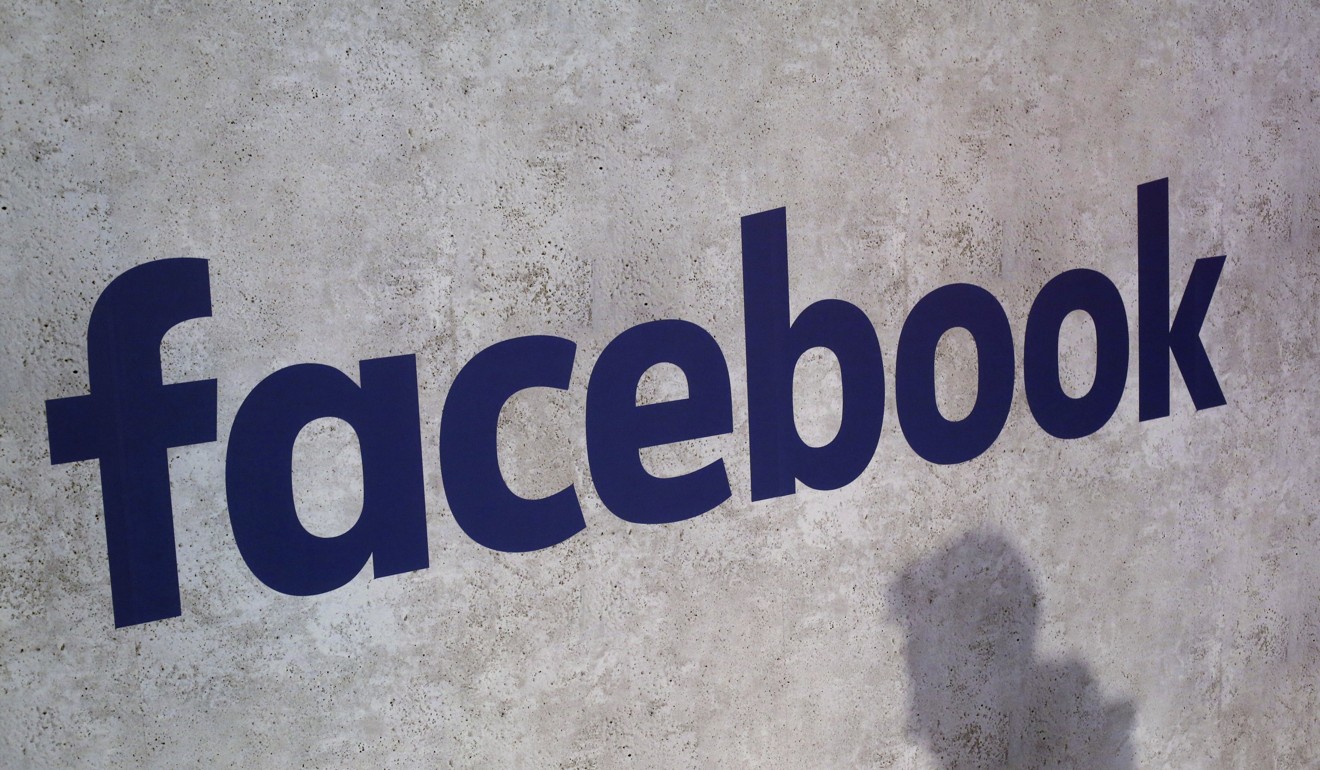
Damian Collins, a British lawmaker, said Sunday that Zuckerberg or another senior executive should appear in front of his committee because previous witnesses have avoided difficult questions, creating “a false reassurance that Facebook’s stated policies are always robust and effectively policed.”
He added in an interview on British radio Monday that Zuckerberg should “stop hiding behind his Facebook page and actually come out and answer questions about his company.”
The next few weeks represent a critical time for Facebook to reassure users and regulators about its content standards and platform security, to prevent rules that could affect its main advertising business, according to Daniel Ives, an analyst at GBH Insights.
“Changes to their business model around advertising and news feeds/content could be in store over the next 12 to 18 months,” Ives wrote in a note to investors.
Facebook, meanwhile, has sought to explain that the mishandling of user data was out of its hands and doesn’t constitute a “breach” – a definition that would require the company to alert users about whether their information was taken, per US Federal Trade Commission rules.
The site, which is based in Menlo Park, California, no longer allows app developers to ask for access to data on users’ friends.
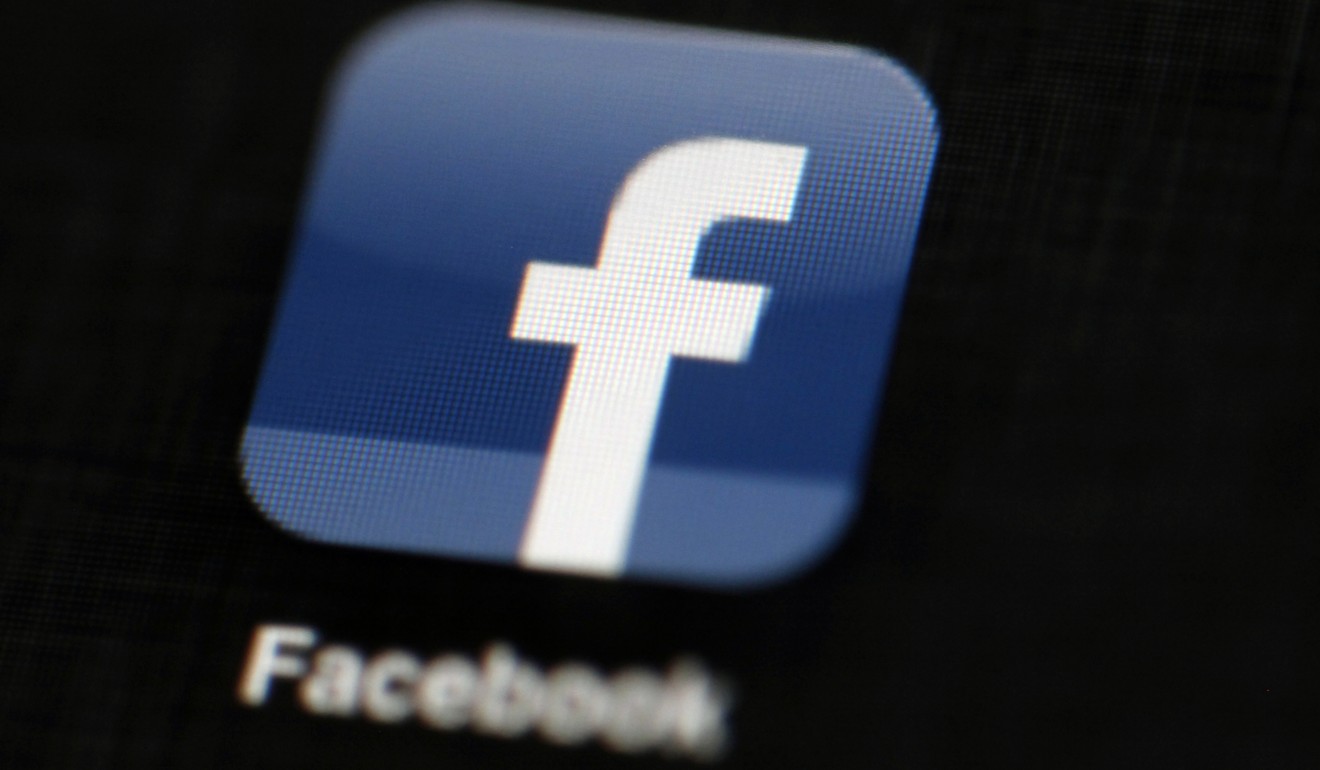
But the improper handling of the data raises systemic questions about how much companies can be trusted to protect personal information, said Nuala O’Connor, president and CEO of the Center for Democracy & Technology.
“While the misuse of data is not new, what we now see is how seemingly insignificant information about individuals can be used to decide what information they see and influence viewpoints in profound ways,” O’Connor said in a statement.
“Communications technologies have become an essential part of our daily lives, but if we are unable to have control of our data, these technologies control us. For our democracy to thrive, this cannot continue.”FA facebook


